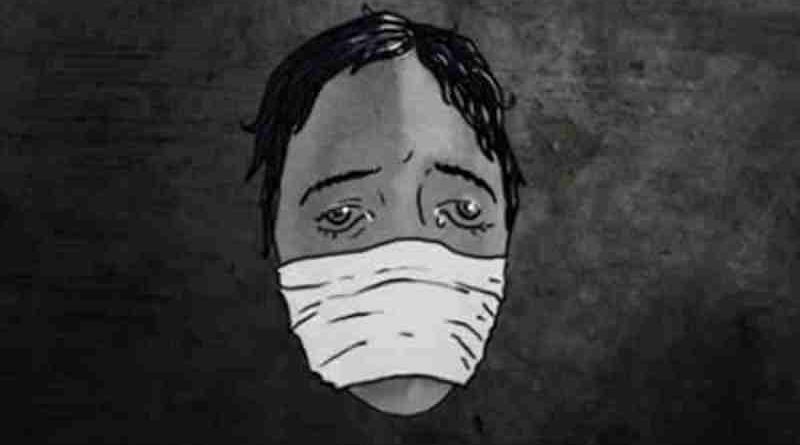Facebook and YouTube Complicit in Vietnamese Censorship: Amnesty Report

Social media platforms Facebook and YouTube have become tools of the Vietnamese authorities’ censorship and harassment of its population, a new report released today (December 1) by Amnesty International reveals.
The 79-page report, “Let us Breathe!”: Censorship and criminalization of online expression in Viet Nam”, documents the systematic repression of peaceful online expression in Viet Nam.
It includes the widespread “geo-blocking” of content deemed critical of the authorities, all while groups affiliated to the government deploy sophisticated campaigns on these platforms to harass everyday users into silence and fear.
The report is based on dozens of interviews with human rights defenders and activists, including former prisoners of conscience, lawyers, journalists, and writers, in addition to information provided by Facebook and Google.
It also reveals that Viet Nam is currently holding 170 prisoners of conscience, of whom 69 are behind bars solely for their social media activity. This represents a significant increase in the number of prisoners of conscience estimated by Amnesty International in 2018.
“In the last decade, the right to freedom of expression flourished on Facebook and YouTube in Viet Nam. More recently, however, authorities began focusing on peaceful online expression as an existential threat to the regime,” said Ming Yu Hah, Amnesty International’s Deputy Regional Director for Campaigns.
“Today these platforms have become hunting grounds for censors, military cyber-troops and state-sponsored trolls. The platforms themselves are not merely letting it happen – they’re increasingly complicit.”
In 2018, Facebook’s income from Viet Nam neared US$1 billion – almost one third of all revenue from Southeast Asia. Google, which owns YouTube, earned US$475 million in Viet Nam during the same period, mainly from YouTube advertising.
According to Amnesty, the size of these profits underlines the importance for Facebook and Google of maintaining market access in Viet Nam.
Meanwhile, YouTube has consistently won praise from Vietnamese censors for its relatively high rate of compliance with censorship demands.
Amnesty quotes state-owned media that reported Information Minister Nguyen Manh Hung as saying in October that compliance with the removal of “bad information, propaganda against the Party and the State” was higher than ever, with Facebook and Google complying with 95% and 90% of censorship requests, respectively.
Amnesty urges the Vietnamese authorities to stop stifling freedom of expression online and calls for all prisoners of conscience in Viet Nam to be released immediately and unconditionally with amendment of repressive laws that muzzle freedom of expression.
Amnesty also says that companies – including Facebook and Google – have a responsibility to respect all human rights wherever they operate. They should respect the right to freedom of expression in their content moderation decisions globally, regardless of local laws that muzzle freedom of expression.
Amnesty also suggests that tech companies should overhaul their content moderation policies to ensure their decisions align with international human rights standards.






